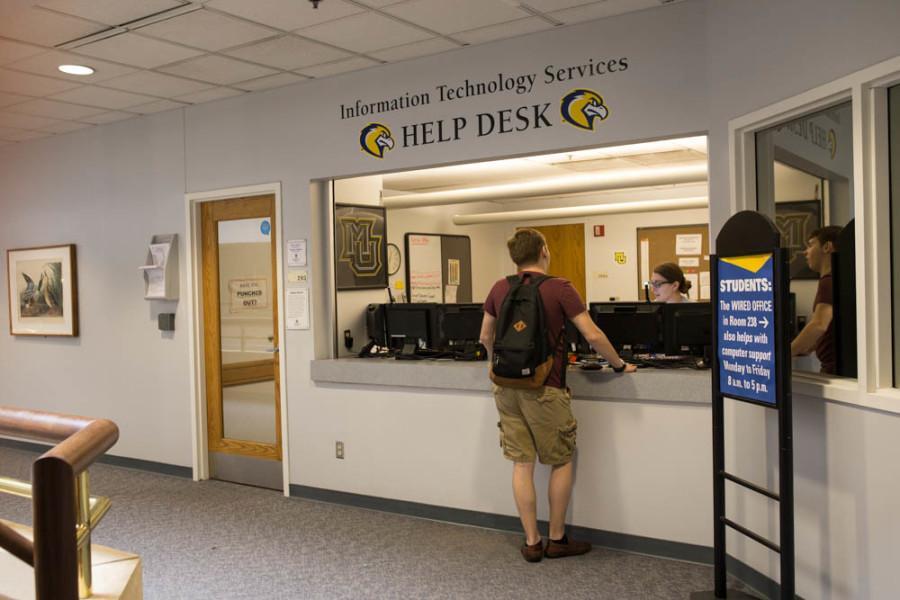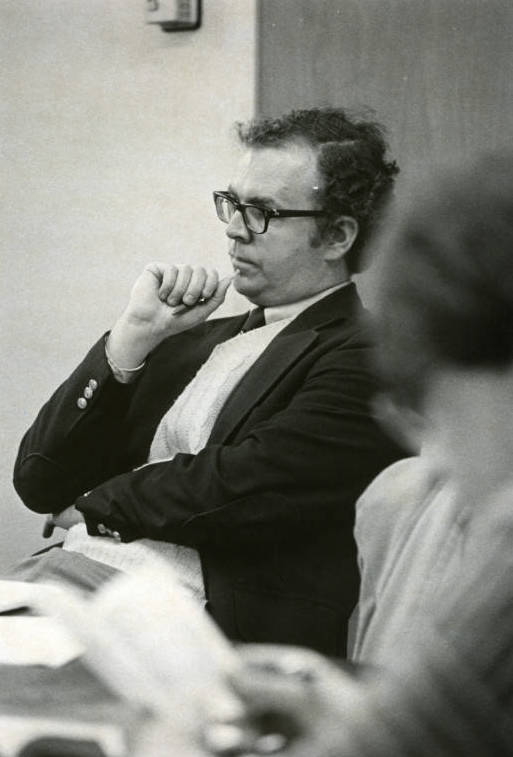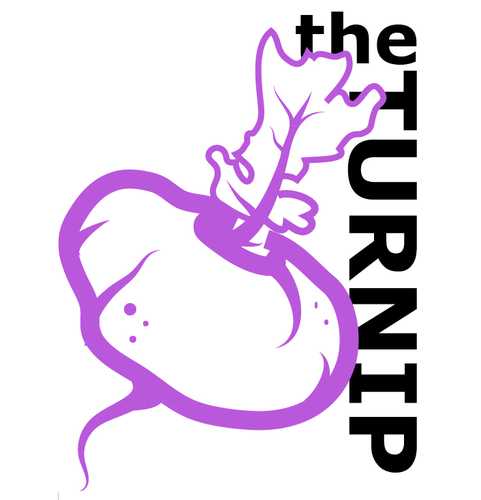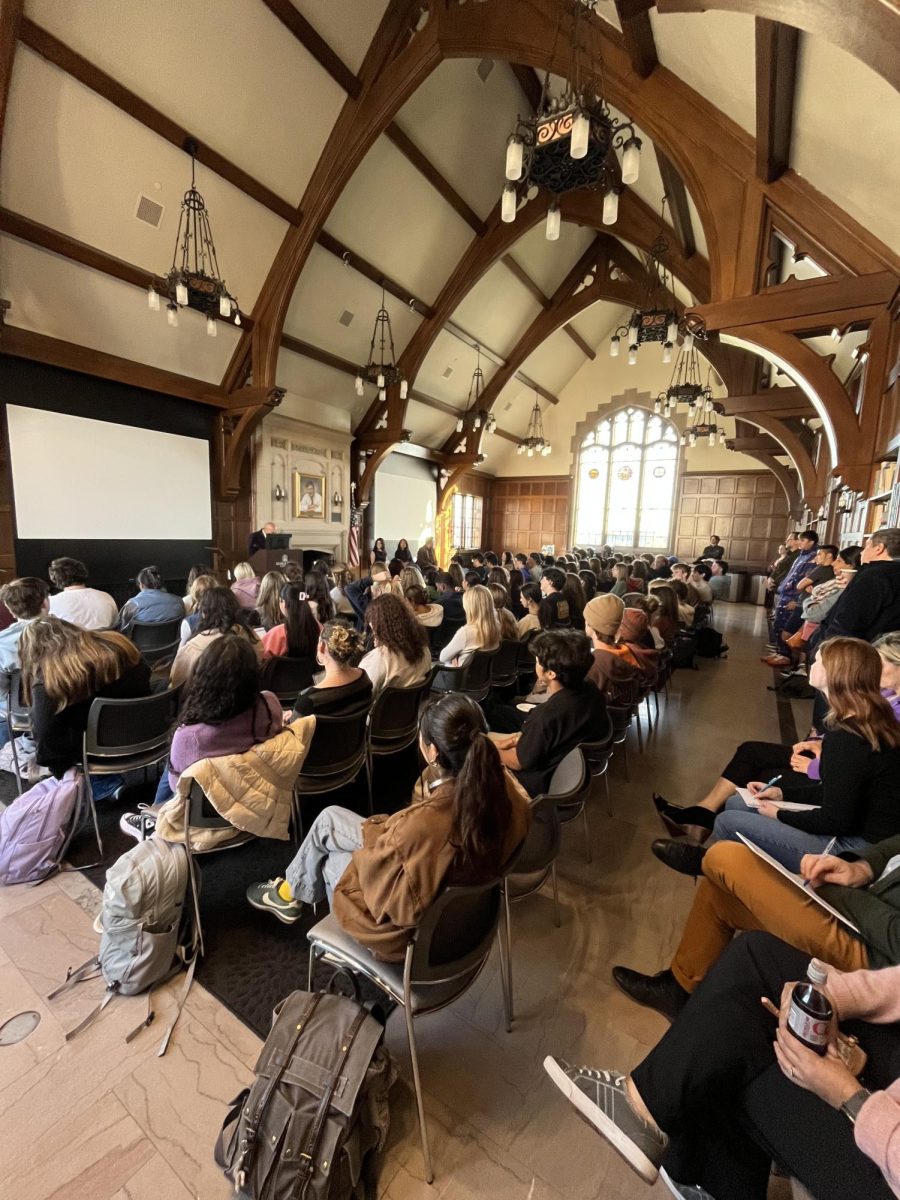 The announcement yesterday of the United States Postal Service ending its Saturday mail routes didn’t come as much surprise. The postal service has been down in the dumps for years now, and it was only a matter of time before it was able to push the cut through.
The announcement yesterday of the United States Postal Service ending its Saturday mail routes didn’t come as much surprise. The postal service has been down in the dumps for years now, and it was only a matter of time before it was able to push the cut through.
I, for one, won’t miss Saturday mail all that much – I think I’ve gotten two letters since living in Milwaukee, not counting coupons for Pick ‘n Save. But is this marking something bigger for paper mail, as a dying breed? Maybe email is finally staking its claim – just like the Internet likes to do with these kinds of things.
After all, as someone with some expressed interest in journalism, I’ve had it pounded into my brain that physical newspapers will soon be a distant memory of the past, leaving me stranded and cold in some roadside ditch, alone with my thoughts and remarkably unemployed years after graduation. It hasn’t turned out that way as fast as I’d hoped – not that I don’t love holding a newspaper, it’s just that I go for the “quick rip of the band-aid” approach with these kinds of things – but of course there’s been some impact on the industry.
But the scaremongers who put these thoughts in my head always made it seem like it wasn’t the newspapers going away, but rather journalism itself – the intangible act of packaging and delivering news, opinions, scores, whatever. And that’s something centuries old, something institutional, that in many ways is more alive now than it ever has been.
If I had something semi-intelligent and slightly interesting to say, I could say it, making it available to millions on the Internet in an instant. That sounds like a step forward to me. Instead, I mostly tweet about the Megabus, but let’s not go there.
The same goes for movies – even through the trials of bootleggers, file sharing and Netflix, movie theaters have always had a steady flow of business. Adjusting for inflation, almost every decade since the ‘30s is represented among the top 10 highest-grossing films of all time (I’d like to reiterate the “adjusting for inflation” tidbit, because it seems unlikely to have spent $12 a ticket to see “The Ten Commandments” during the Eisenhower administration). People still go out to see movies on the big screen, even with the knowledge that they’ll drop a month’s rent on a bag of popcorn and probably sit behind the tall guy.
So Netflix hasn’t killed movie theaters. Journalists still write. Music has transformed past the ages of phonographs and vinyl records. Phone calls no longer need wires. The point is, all these things still exist in some form or another – they’re all bigger ideas that have taken different forms throughout the years.
As for the mail, I guess it’s just a “wait and see” ordeal. I hope the mailman isn’t served the same dire fate as the milkman anytime soon. Mail may not come as often as it once did, but it’ll always be more fun to slice open a letter than to double-click on an email. It’s similar to holding a newspaper or seeing a flick on the big screen. At least I can hang on to these things for a little while longer.









